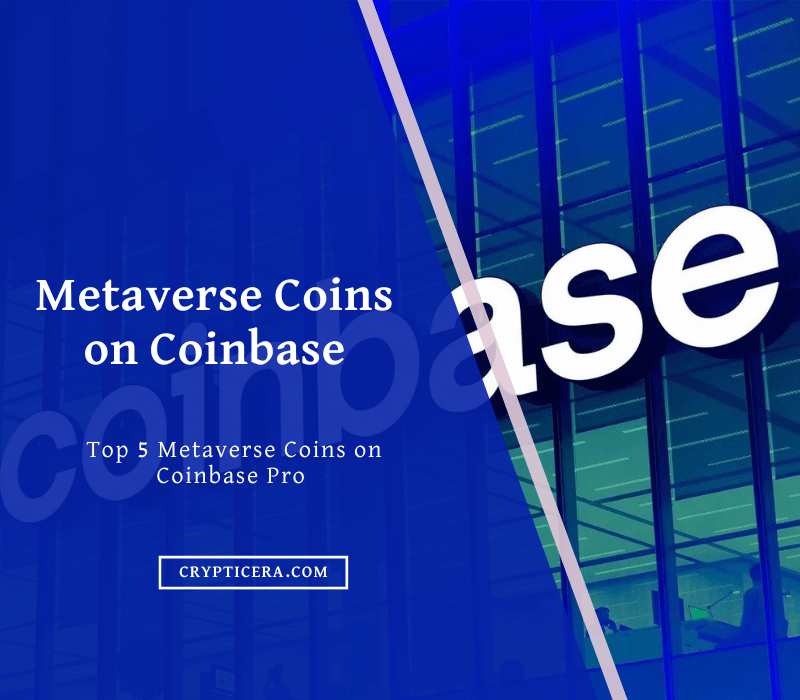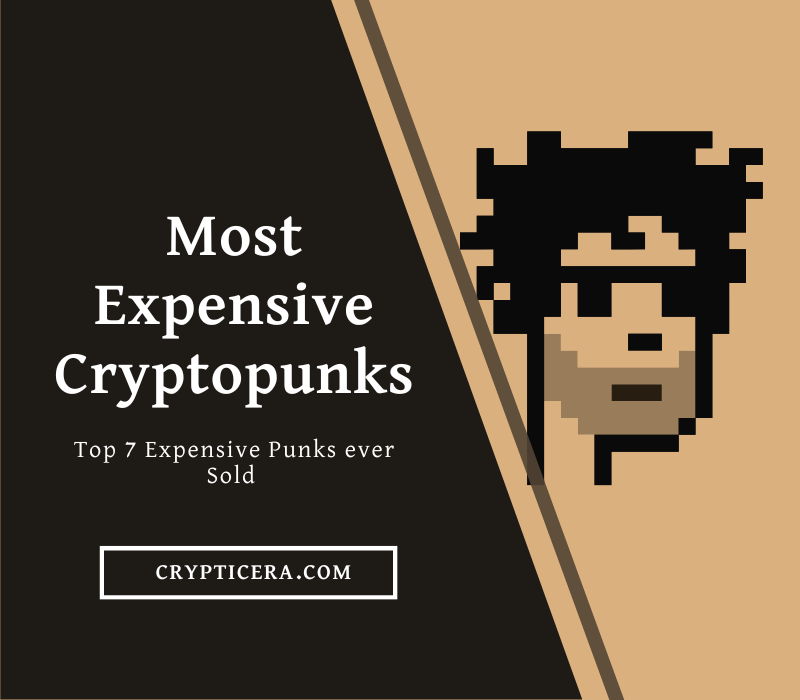Key Takeaways:
- Open-source crypto wallets have the advantage of being transparent, reliable, flexible, and customizable. You can review, audit, and contribute to the source code of these wallets, which helps ensure their security and functionality.
- Some of the best open source hardware wallets are Keystone Pro AirGap wallet, Trezor Wallet, BitBox Bitcoin wallet, and NGRAVE ZERO cold wallet.
4 Best Open Source Crypto Hardware Wallets (Reviewed)
Here is the list of the safest open source cryptocurrency hardware wallets to store your Bitcoin (BTC) tokens:
- Keystone Pro: Best Open source air-gapped hardware wallet
- BitBox: Best open source Bitcoin wallet
- Trezor Model T: Most popular open-source hardware wallet
- NGRAVE ZERO: Safest open source cold wallet
Comparison between Open Source Cryptocurrency Hardware Wallets
| Features | Keystone Pro | BitBox | Trezor Model T | NGRAVE ZERO |
|---|---|---|---|---|
| Supported Coins | 5,500 | 1,500 | 1,400 | 1,000 |
| Price | $139 | $115 | $219 | $398 |
| Security | SE chip Fingerprint Auth Anti-temper | Dual Chip U2F authenticator MicroSD card | Shamir Backup PIN & Passphrase Coinjoin transactions | air-gapped EAL7 OS Finger and light sensor |
| Staking | ✔ | ✗ | ✔ | ✔ |
| NFTs | ✔ | ✔ | ✔ | ✔ |
What are the best Open source Hardware Wallets?
To choose an open-source hardware wallet, consider the following security measures such as secure chips, passphrase support, and air-gapped signing to safeguard your cryptocurrency. Also, Opt for cold wallets with active developer communities and positive user reviews, ensuring ongoing support and reliability.
Here are some of the best open-source crypto hardware wallets available:
1. Keystone Pro: Best Open source air-gapped hardware wallet

Keystone Pro hardware wallet has open-source firmware that anyone can check. It also supports “PSBT multisig transactions” for extra security. It can store and manage over 5500 digital currencies, such as Bitcoin, Ethereum, USDT, BCH, XRP, Tron, LTC, Dash, Polkadot, Kusama, and others.
The Keystone Pro is completely isolated from any network and is known to be the best air-gapped hardware wallet. It does not use Bluetooth, Wi-Fi, NFC, or USB to connect. It only uses QR codes to talk to compatible software wallets.
It has a 4-inch big touchscreen display that helps you easily see and confirm transactions. It also has a fingerprint sensor for biometric verification. The Keystone wallet has a battery that you can remove and replace. It also has an “anti-tamper” feature that automatically wipes the seed phrase if someone tries to mess with the device. You can also read our detailed Keystone wallet review.
Key Features:
- 5500+ Coins Supported and Compatible with over 25+ Popular Software Wallets
- EAL 5+ Secure Element Chip and open source
- Fingerprint Sensor and Self-Destruct Mechanism and MicroSD Card Firmware Upgrading
- Rechargeable Battery and it costs only $139
2. BitBox: Best open source Bitcoin wallet

BitBox is an open-source hardware wallet brand for keeping and managing your crypto assets. It has two variants: “BitBox02 multi-crypto and BitBox02 Bitcoin-only edition“.
BitBox was the first open-source Bitcoin wallet, launched in 2016. It works with Bitcoin, Ethereum, Litecoin, and ERC-20 tokens. It has a microSD card slot for backup and recovery and a touch button for confirmation. It works with Windows, Linux, macOS, Android, and iOS devices.
It has a dual-chip design for better security: a general-purpose MCU and a secure chip. The wallet is open source and checked by independent security experts. They use high-quality components and Swiss engineering to ensure reliability and durability. They also have a mobile app called BitBoxApp that lets you easily access and manage your funds. Here is the full BitBox review.
Key Features:
- Multi-cryptocurrency hardware wallet and U2F authenticator.
- Supports Bitcoin, Litecoin, Cardano, Ethereum, and 1500+ tokens.
- “Bitcoin-only edition” for those who only want to hold Bitcoin
- Easy 24-word recovery phrase backup and restore with a microSD card.
- Connect to any Dapp on the Ethereum ecosystem, such as NFT marketplaces, decentralized exchanges (DEXs), etc.
3. Trezor Model T: Most popular open-source hardware wallet

Trezor Model T is a hardware wallet that lets you store and secure your Bitcoin, passwords, tokens, and keys. It has a touchscreen that makes it easy to use and check transactions. It works with over 1,400 coins and tokens, and you can manage them with the Trezor Suite app for desktop, browser, and Android.
It is also a cold wallet, which means it keeps your private keys offline and safe from hackers. You can restore your whole wallet using a 12-word recovery seed if your device is lost or broken. The Model T also supports Shamir Backup, which is a safer way of splitting your recovery seed into multiple parts.
Trezor Model T is one of the best anonymous Bitcoin wallets. You can use “coinjoin transactions” to mix your coins with other users and hide your transaction history. You can also use passphrase protection to create multiple secret wallets with different passwords. The Trezor Model T is fully open-source and verifiable, so you can trust that it does not have any hidden or harmful code.
Key Features:
- 1.54′ Color LCD touchscreen display
- USB-C connectivity and Shamir backup (split seed phrase into multiple parts)
- Offline seed generation & backup
- Hidden wallet creation for enhanced privacy
4. NGRAVE ZERO: Safest open source cold wallet

NGRAVE ZERO is the best cold wallet that works offline, without any connection to the internet or other devices. It has a biometric sensor that scans your fingerprint and a touchscreen that lets you interact with your coins, tokens, and NFTs. It also has a high level of security (EAL7) and a custom OS that keeps your keys safe from hackers.
NGRAVE is not entirely open source, as it has some proprietary components such as custom built EAL7 certified OS that are not shared with the public. However, the company says that it will open source some parts of its software in the future when it has more users who can help find and fix any bugs.
It also supports NFTs based on the Ethereum network. You can use it with the NGRAVE LIQUID app, which allows you to receive and sign transactions without exposing your private keys. You can also use it with the NGRAVE GRAPHENE backup device, which is a metal plate that encrypts and stores your recovery phrase. Read the full NGRAVE ZERO cold wallet review.
Key Features:
- ZERO is fully “air-gapped”, it does not rely on USB or any network connection capability such as WiFi, Bluetooth, NFC, or 4G.
- All transaction communication takes place via transparent QR codes.
- It has a premium 4” touchscreen experience and stores up to 100 accounts.
- Earn staking rewards up to 4% on 30 tokens
- It supports more than 1,000 tokens and coins
What is an Open-Source Crypto Wallet?
An open-source crypto wallet is a digital tool that people can use to store, send, and receive cryptocurrencies like Bitcoin and Ethereum. It’s called “open-source” because its underlying code is made available to the public for free, allowing anyone to view, use, and even modify it.
This type of wallet is developed by a community of volunteers or organizations who believe in transparency and security. Because the code is open for inspection, it can be reviewed by experts to ensure that it’s safe and trustworthy. This helps build trust among users, as they can verify that there are no hidden or harmful activities within the wallet.
Open-source hardware wallets are considered more secure because their code can be examined by a wide range of people, making it less likely for malicious actions to go unnoticed. Users can also customize these wallets to suit their needs, making them more versatile and adaptable.
What are the best open source software wallets?
Here are the best open source crypto software wallets:
- Mycelium
- MyEtherWallet
- Electrum
- Alpha Wallet
Note: MetaMask and Trust Wallet are not open-source cryptocurrency wallets.
FAQs
Is there an open-source multi-crypto wallet?
If you are looking for an open-source multi-crypto wallet, you should check out Keystone Pro. This is a hardware wallet that lets you store, send, and receive over 40 blockchains and thousands of tokens, such as BTC, ETH, BSC, DOT, and more. Keystone Pro is 100% open source and transparent, so you can trust its security and reliability.
What is the best Open-source DeFi Wallet?
A great open-source DeFi wallet is MyEtherWallet (MEW). This is a web-based wallet that connects you to the Ethereum blockchain and various DeFi applications and services.
Is there any open source NFT Wallet?
One of the most secure and user-friendly open source NFT wallets is NGRAVE ZERO. This is a hardware wallet that supports over 1000 cryptocurrencies and NFTs on various blockchains such as Ethereum, Binance Smart Chain, Polygon, and more.
NGRAVE ZERO is the world’s first EAL7-certified wallet, which means it has the highest level of security assurance for electronic devices.
Is Trezor Wallet fully open source?
Yes, Trezor Wallet is fully open source. It uses open-source software and firmware, which means anyone can review, audit, and contribute to the code. Trezor Wallet also publishes its schematics and bill of materials on GitHub, so anyone can build their own device from scratch.
Is Ledger Nano X open source hardware wallet?
No, Ledger Nano X is not an open-source hardware wallet. It uses a proprietary operating system called BOLOS, which is based on an open-source framework but has closed-source firmware. Ledger Nano X also uses a secure element chip that has confidential intellectual property from the manufacturer.


